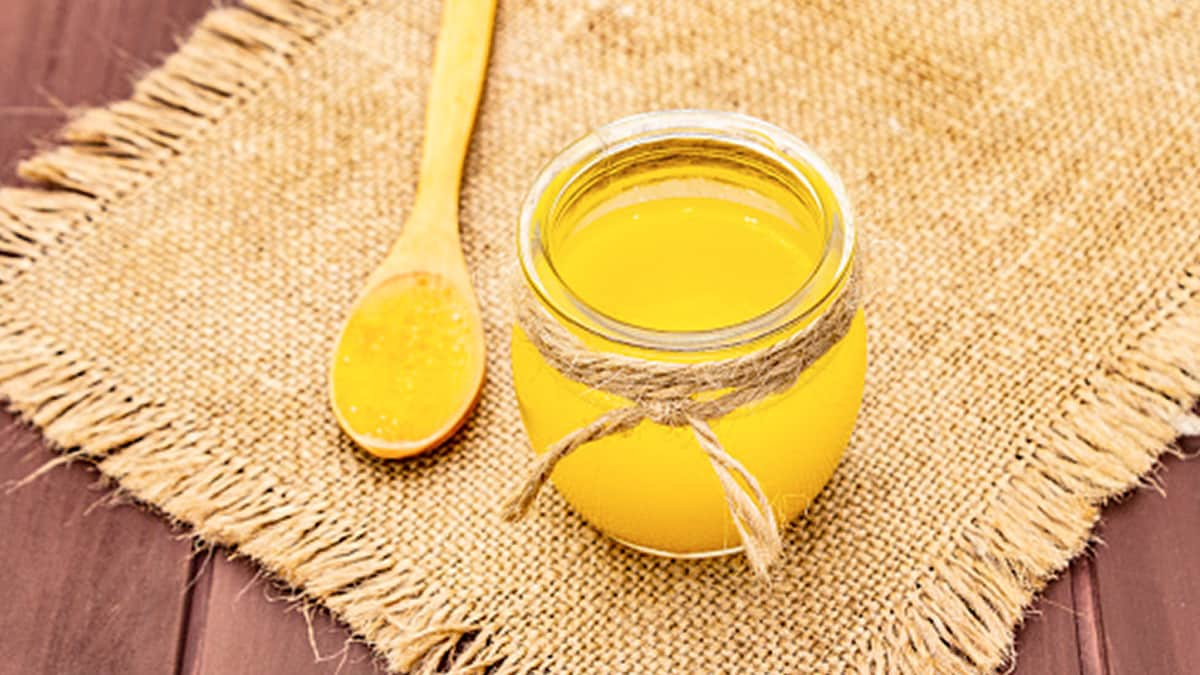Ghee and butter are what make our food taste divine. With just a spoonful of them, they instantly enhance the flavor of our dishes. Without them, it seems like something is missing, right? As much as we love adding these golden delights to our food, they are not for everyone. People who suffer from lactose intolerance, in particular, may have to resist consuming them. But is this really true? Should you avoid butter and ghee completely if you are lactose intolerant? Or is it okay to consume them from time to time? Recently, nutritionist Amita Gadre took to her official Instagram page to tell all this. Before we find out, let’s understand what lactose intolerance really is and what are the symptoms of this health condition.
Also read: If You Experience These 7 Signs, You Might Be Lactose Intolerant
Photo credit: iStock
What is lactose intolerance?
In simple terms, lactose intolerance is a digestive condition that makes it difficult for the body to digest lactose, a sugar found in milk. Amita shares that this mainly occurs due to a deficiency of the lactase enzyme in our body. When lactose is not digested properly, it can cause various problems such as heartburn, swellingand burp.
What are the symptoms of lactose intolerance?
- Stomach pain and cramps
- Nausea
- Vomiting
- Diarrhea
- Constant burping
- Bloating and gas
This is what the expert revealed:
So, can you have ghee or butter if you are lactose intolerant? According to Amita, this depends on the amount of lactose each of them contains. She reveals that ghee contains very little lactose, making it suitable for people with lactose intolerance. ghee It is also pure fat and, when boiled a lot, leaves only lactose-free fat. Butter, on the other hand, retains more lactose compared to ghee, so you may not tolerate it well. But ghee is generally safe and you can consume it in moderation.
Also read: 5 mistakes to avoid when preparing delicious white butter at home
Watch the full video below:
What are the best non-dairy substitutes?
Giving up dairy products can be difficult. But you’ll be happy to know that there are plenty of non-dairy substitutes you can consume. Soy milk, for example, is a great alternative to regular milk. The best part? It offers the same amount of protein as regular milk. Almond milk and rice milk are also great options. Additionally, you can also rely on coconut milk or pea milk. All of these are quite nutritious and make wonderful alternatives to regular cow’s milk.
Now that you know the truth about ghee and butter, we are sure you will be able to make a better decision. However, remember to consult your nutritionist before making major changes to your diet. Stay fit, healthy and happy!
Disclaimer:
The information contained in this post is for general information purposes only. We make no representations or warranties of any kind, express or implied, about the completeness, accuracy, reliability, suitability or availability with respect to the website or the information, products, services, or related graphics contained on the post for any purpose.
We respect the intellectual property rights of content creators. If you are the owner of any material featured on our website and have concerns about its use, please contact us. We are committed to addressing any copyright issues promptly and will remove any material within 2 days of receiving a request from the rightful owner.

